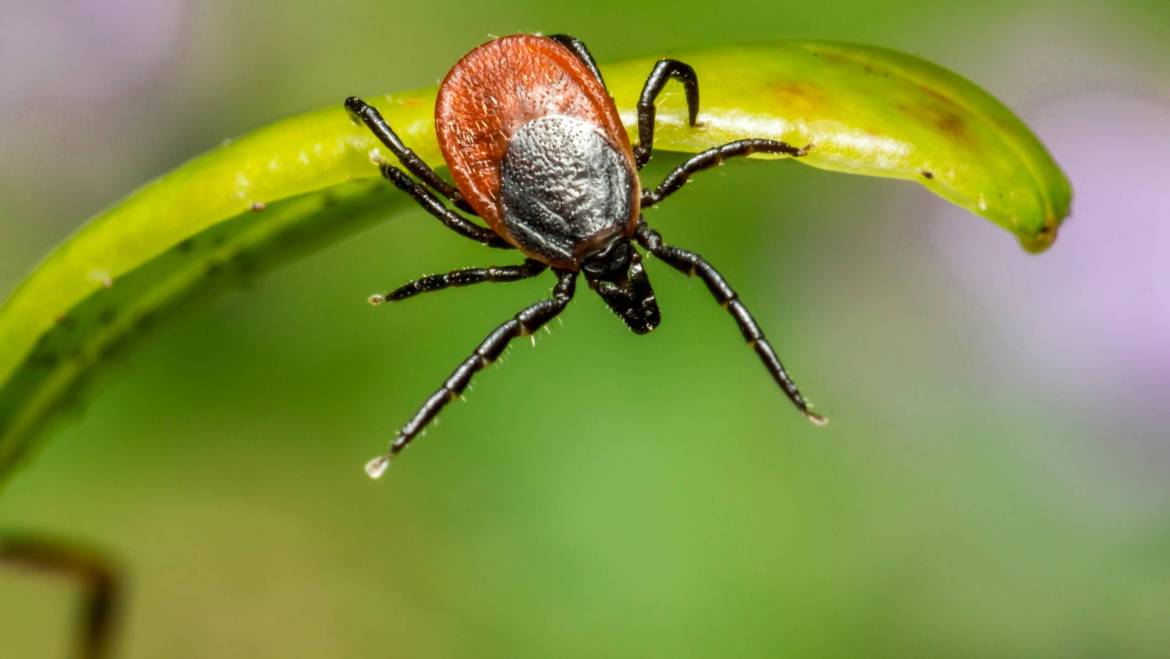Tick Control
New Jersey’s diverse environment, with its wooded areas, tall grasses, and leaf litter, provides an ideal habitat for ticks. These tiny arachnids are not just a nuisance; they pose a significant health threat to both humans and pets. Understanding the importance of tick control is crucial for protecting yourself and your loved ones.
Health Risks:
Ticks are vectors of several serious diseases, making tick control a vital aspect of public health in New Jersey. Some of the most concerning tick-borne illnesses include:
- Lyme Disease: This is the most common tick-borne illness in the United States. It can cause a range of symptoms, including fever, headache, fatigue, and a characteristic “bull’s-eye” rash. If left untreated, Lyme disease can lead to more severe complications affecting the joints, heart, and nervous system.
- Rocky Mountain Spotted Fever (RMSF): Though less common in New Jersey than Lyme disease, RMSF is a serious bacterial infection that can cause fever, headache, rash, and muscle pain. In severe cases, it can be life-threatening.
- Ehrlichiosis: This bacterial infection can cause flu-like symptoms, including fever, headache, muscle aches, and fatigue.
- Anaplasmosis: Similar to ehrlichiosis, anaplasmosis can cause fever, headache, chills, and muscle pain.
- Babesiosis: This parasitic infection can cause flu-like symptoms, including fever, chills, fatigue, and muscle aches. In some cases, it can lead to severe complications, especially in people with weakened immune systems.
- These diseases underscore the critical need for effective tick control measures. By reducing tick populations in your yard and taking personal precautions, you significantly lower the risk of contracting these potentially debilitating illnesses.
Enjoying Your Backyard:
- Ticks can severely limit your enjoyment of outdoor spaces. Their presence can make even simple activities like gardening, playing with children, or relaxing on the patio a source of anxiety. Effective tick control allows you to:
- Reclaim your outdoor space: Enjoy your yard without the constant worry of tick bites.
- Let children and pets play safely: Allow children and pets to play freely outdoors without the risk of picking up ticks.
- Garden with peace of mind: Tend to your garden without the fear of encountering ticks in the foliage.
- Host outdoor gatherings: Invite friends and family over for outdoor activities without the concern of tick exposure.
- By implementing effective tick control measures, you can create a safer and more enjoyable outdoor environment for yourself, your family, and your pets.
Key Tick Prevention Tips:
- Use repellents: Apply insect repellents containing DEET, picaridin, or permethrin to skin and clothing.
- Wear protective clothing: Wear long sleeves, long pants tucked into socks, and light-colored clothing to make it easier to spot ticks.
- Perform regular tick checks: Thoroughly check yourself, your children, and your pets for ticks after spending time outdoors.
- Create a tick-safe zone: Clear brush and leaf litter from around your home, mow your lawn regularly, and create a barrier of wood chips or gravel between your lawn and wooded areas.
- By understanding the health risks associated with ticks and implementing effective control measures, you can protect yourself and your loved ones while enjoying the outdoors to the fullest.

